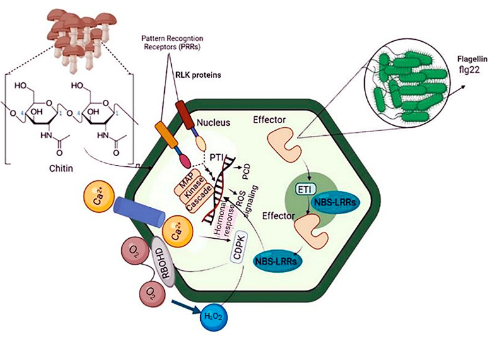Today, leading in public health or providing health services requires resolving conflicts and disagreements on a regular basis. These disputes can occur between assertive community members, healthcare professionals discussing the quality of care, healthcare professionals and managers discussing financial and administrative matters, healthcare professionals and patients arguing over medical procedures and service accessibility, and, at the policy level, between funders, providers, and recipients about healthcare quality and access. Excellent negotiating abilities are necessary for successful leadership in this situation.
Reorganization disputes that affect the interactions between health professionals and patients, uncertainty about the public sector’s role in healthcare spending and organization, tensions between prevention and treatment priorities, arguments over changes to reimbursement policies, pressures from changing social trends that impact patient-health system relationships, and the difficulties of responding to unexpected bioterrorist threats are just a few of the broader changes that are frequently associated with health system conflicts.
Together with the Meta-leadership concept and practice method, the Program for Health Care Negotiation and Conflict Resolution has developed the novel interest-based negotiation technique known as the Walk in the Woods approach. The research-based courses address a wide range of subjects, such as conflict elements, leadership self-awareness, and constructive conflict resolution techniques. Subjects covered include emotional intelligence and brain function, giving participants a broad range of abilities for successful leadership and conflict resolution.
HSPH alumni frequently go on to hold important leadership positions in public health. The program’s courses provide a targeted framework that helps students incorporate their whole HSPH experience into a public health leadership trajectory. The program encourages students to take action that translates their dedication into meaningful progress on important public health challenges, with a focus on the exploration and development of leadership passion.
An executive education curriculum intended for both executive and clinical executives in the healthcare and public health sectors incorporates concepts, methods, and techniques related to leadership, negotiation, and conflict resolution.








